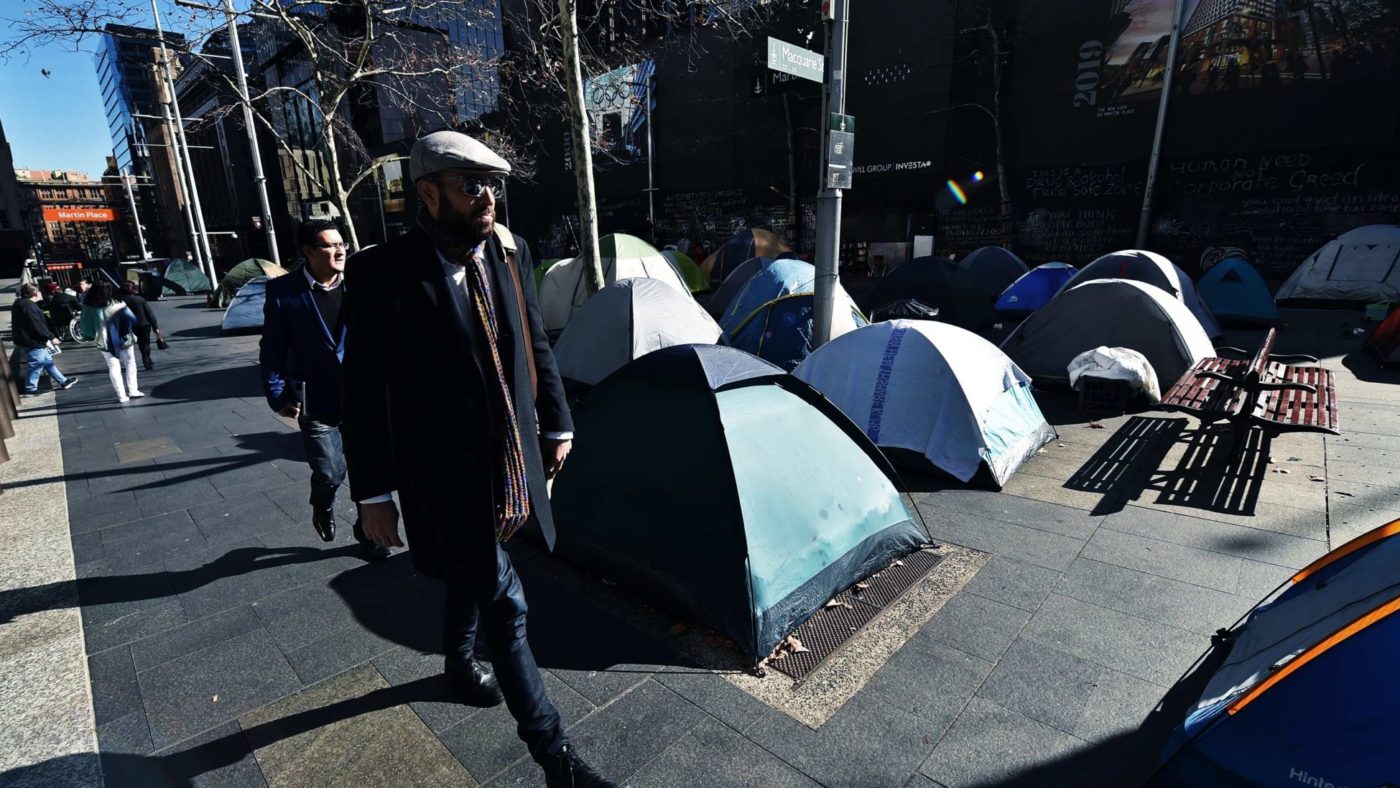As HL Mencken once pointed out, democracy is the idea that the voters should get what they ask for, good and hard. This presents something of a problem for the bien pensants, as what is asked for is often what the Good Thinkers don’t think should be.
It is this which causes the likes of Polly Toynbee to throw up their arms in dismay. In a recent column, the high priestess of the Guardianistas decried the “anglophone disease” of tolerating higher levels of inequality than other more civilised European countries. America is, of course, the worst culprit, but the UK, Australia and New Zealand are not far behind, she notes.
For Toynbee, the disease has been deliberately spread by those dastardly neoliberals to promote their nefarious ideology. As it happens, a recent paper from the London School of Economics supports the idea that people in unequal societies are more likely to accept inequality, but it fails to properly deal with causality.
Consider, for a moment, two little stories. In the first, from Russia, a peasant catches the golden carp in his fishing net and is granted the traditional one wish for returning it to the river. The McGuffin is that whatever he wishes for will be granted twice over to his neighbour. After long thought Pavel decides that he wishes that one of his eyes be plucked out. The other story is American and concerns a tramp who sees a millionaire drive past in his flash car and insists that “One day, I’ll get me one of them”.
Of course, neither story is actually true, they’re somewhere between jokes and folk tales. But they do illustrate a different attitude towards inequality. The thing is though, which comes first? A stubborn attachment to equality at the expense of higher living standards for all, or a tolerance of inequality if it means living standards continue to rise? This is what the LSE research does not explore.
Instead the assumption is made that the existence of inequality itself makes people more willing to put up with it, not a conclusion we can actually draw. It is in fact possible that different societies have different tolerances for it. Or different weightings to the trade-offs. Or, you know, the revolutionary idea that different societies are different.
Other research does show that the difference is societal. Us Britons show much less “social envy” than our continental confreres. We are also more likely to commiserate with those who lose it all than indulge in schadenfreude.
All of which makes that democracy point interesting. It’s long been a project of the British left that we should be more like the social democracies over the Channel. Toynbee’s battle cry for decades now has been that “We should be more like Sweden”. As a vision of what the good society should be there’s nothing wrong with that, even if you or I might disagree. Where it fails is that it’s not obvious that the average Briton does want that. Or perhaps that not all Britons want quite so much averaging through redistribution.
We can put this more formally too. The OECD quite famously found that redistribution doesn’t harm further economic growth – that’s what they found if we listen to certain siren voices. What the paper actually found was that redistribution is harmless within certain limits. Using tax and benefits to share out wealth works up to the point where the Gini index has moved by 13 percentage points. Indeed, it seems to increase economic growth to that point, a point we’ve made before here. Above that it still increases equality at the cost of diminishing future growth. Moving the Gini by 13 percentage points is about what the British welfare state does now – and rather less than happens in Sweden or perhaps France.
All of which shows democracy in action. In general, as Toynbee complains, the British seem to be more tolerant of inequality, have more of it and do less to combat it. Other places are less so, and do more to redistribute. All of which comes back to HL Mencken’s point about the people getting what they want, good and hard.
The alternative to this is that, as Toynbee suggests, we must all be re-educated in order to hate inequality. Then we would ask for, and would get, greater action to reduce it. Democracy would indeed produce what we want but only after we’ve elected another electorate to accord with a Guardian columnist’s ideal society. That seems rather against the spirit of democracy, even it was Brecht’s solution to the same problem.
Attitudes toward inequality do differ across societies, it’s no great surprise that their levels of inequality differ as well.
CapX depends on the generosity of its readers. If you value what we do, please consider making a donation.


